Musk Adds Microsoft and Antitrust Claims to His Lawsuit Against OpenAI
Musk’s amended lawsuit, which was submitted to a federal court in Oakland, California, on Thursday night, claimed that OpenAI and Microsoft had unlawfully attempted to monopolise the generative artificial intelligence market and drive out rivals.
Billionaire businessman Elon Musk added federal antitrust and other claims to his lawsuit against ChatGPT creator OpenAI, and he named Microsoft as a defendant.
Musk’s amended lawsuit, which was submitted to a federal court in Oakland, California, on Thursday night, claimed that OpenAI and Microsoft had unlawfully attempted to monopolise the generative artificial intelligence market and drive out rivals.
Similar to Musk’s initial August complaint, it charged OpenAI and Samuel Altman, its CEO, with breaching contract terms by prioritising profits over the general welfare in the pursuit of AI advancement.
According to the complaint, “in just eight years, a corporation went from being a tax-exempt charity to a $157 billion for-profit, market-paralysing gorgon.” It aims to nullify OpenAI’s Microsoft license and compel them to sell off “ill-gotten” profits.
The most recent lawsuit, according to a statement from OpenAI, “is even more baseless and overreaching than the previous ones.” Microsoft chose not to respond.
“Microsoft’s anticompetitive practices have escalated,” Musk’s attorney Marc Toberoff said in a statement. “The best disinfectant is sunlight.”
Musk has long been against OpenAI, a company he co-founded that has received billions of dollars in funding from Microsoft to become the face of generative AI.
Musk has emerged as a major player in the incoming administration of U.S. President-elect Donald Trump. After Musk contributed millions of dollars to Trump’s Republican campaign, Trump appointed him to a new position aimed at reducing government waste.
According to the enlarged lawsuit, Microsoft and OpenAI broke antitrust law by requiring agreements not to do business with their competitors in order to receive investment opportunities. It claimed that the companies’ exclusive licensing arrangement amounted to an unapproved merger.
In a court document filed last month, OpenAI accused Musk of launching the lawsuit as part of a “more blustery campaign to harass OpenAI for his own competitive advantage.”


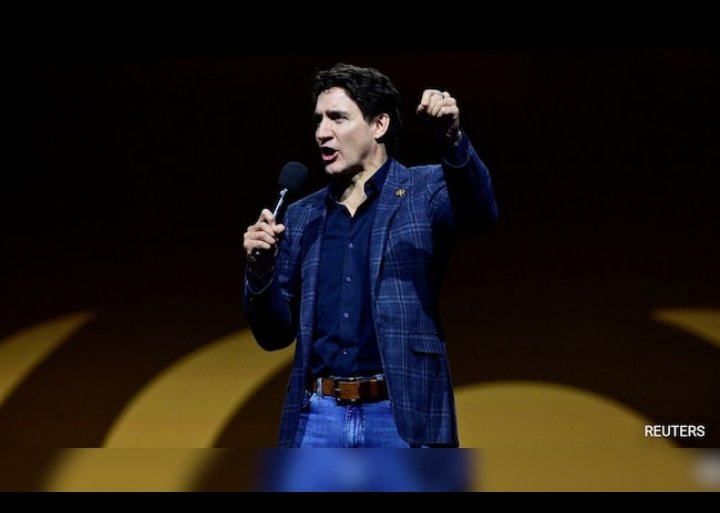
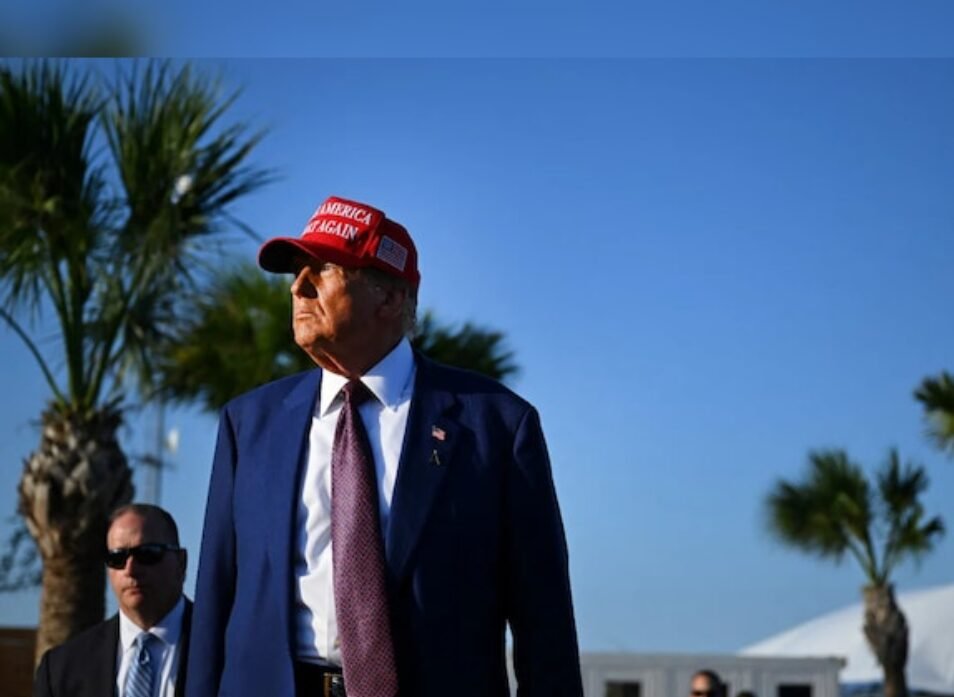


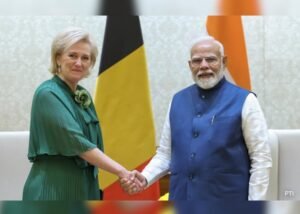
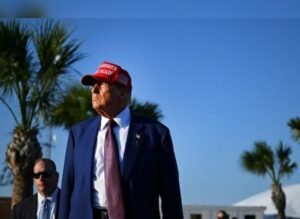
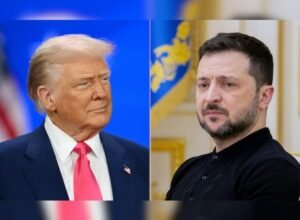

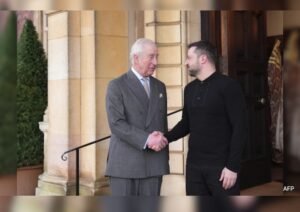

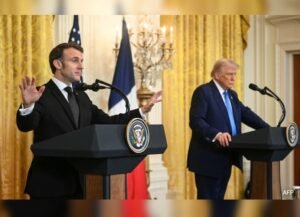

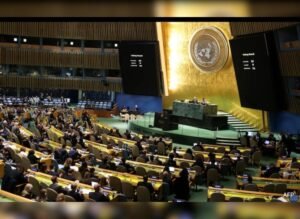
Post Comment